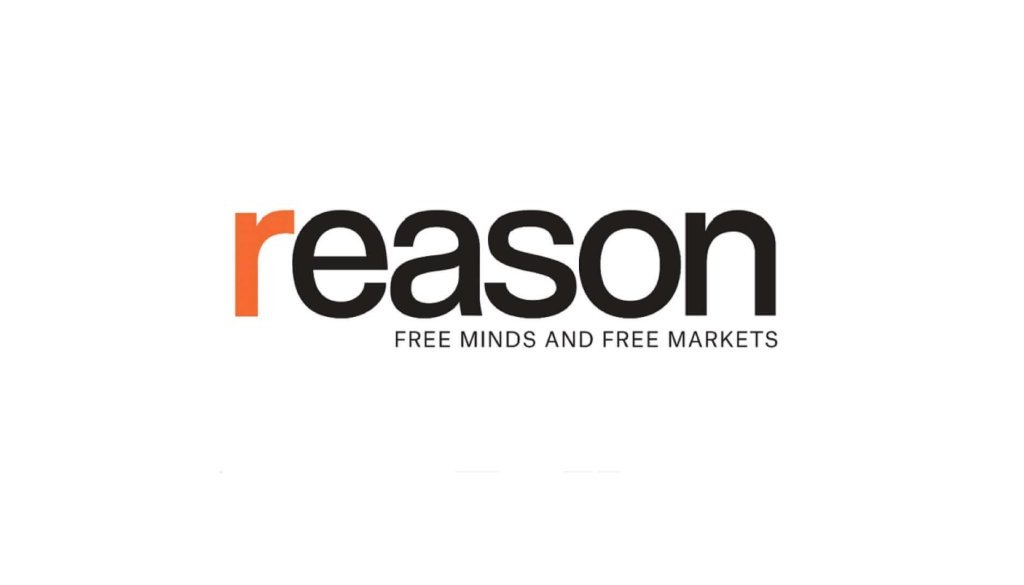California’s Terrible Wildfires Exposed a Variety of State Policy Failures
One of the common themes in my writing has been the state’s commitment to expanding bureaucracy and regulation, without much regard for whether the new programs accomplish their stated goals. Residents and businesses simply deal with the new taxes and red tape and adapt. California is such a beautiful and energetic place that people here muddle through despite the burdens the state government puts in their way.
But the Los Angeles wildfires—likely to be one of the costliest natural disasters in U.S. history—have exposed festering regulatory hurdles that have exacerbated the crisis. Many are years in the making, maddeningly complex, and not given to quick solutions. It’s a confluence of bad policies involving brush clearance, water, insurance, firefighting, housing, and climate change.
Simply put, California has created a tangled web of regulation that renders this once-innovative state incapable of accomplishing anything efficiently. Instead of building a resilient system that handles whatever Mother Nature throws our way, our state constantly uses climate change as an excuse for inaction on nuts-and-bolts issues.
Regarding brush clearance, the governor has agreed that we need to step up the process. The California Environmental Quality Act, or CEQA, and other laws require Environmental Impact Reports (EIRs) for clearance projects and two to three approvals for controlled burns. The state prioritizes such boutique “climate” projects over its fundamental responsibilities, and even those projects are plagued by cost overruns and delayed timelines.
The wildfires have also highlighted California’s counterproductive insurance regulations. It can take many months for insurers to wade through the process of hearings, rate reviews, and opposition to such hikes by consumer-attorney “intervenors” who earn large fees for their efforts. This process is so cumbersome that it reduces competition, leading to too few insurers.
The problem goes back to Proposition 103, the 1988 ballot initiative that made the state insurance commissioner an elected position, instituted the prior-approval system for rate increases, and rolled back rates. It created a price-control system. Unable to easily adjust rates to reflect risk, insurers quietly—and then not so quietly—began exiting.
The insurance commissioner crafted a suite of useful reforms that were showing some promise, but why did it take so long? With this catastrophic
Article from Reason.com

The Reason Magazine website is a go-to destination for libertarians seeking cogent analysis, investigative reporting, and thought-provoking commentary. Championing the principles of individual freedom, limited government, and free markets, the site offers a diverse range of articles, videos, and podcasts that challenge conventional wisdom and advocate for libertarian solutions. Whether you’re interested in politics, culture, or technology, Reason provides a unique lens that prioritizes liberty and rational discourse. It’s an essential resource for those who value critical thinking and nuanced debate in the pursuit of a freer society.



